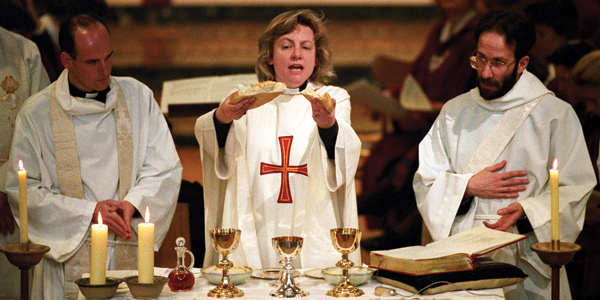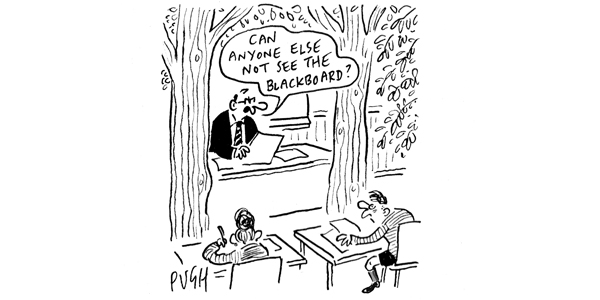The Diocese of Salford is to launch a major environmental project in the grounds of its bishop’s house, Wardley Hall, called the Laudato Si’ Centre.
Activities at the centre, which is to be built within the hall’s old walled gardens, will aim to teach Catholics about care for the environment, simple living and “how to listen to the cry of the earth and the cry of the poor”.
Announcing the project this weekend, Bishop John Arnold said: “We know that we have caused the extinction of thousands of species. We are changing the seasons by our destruction of the rainforests and we have plundered our natural resources for profit. We have caused the melting of the ice caps, the severe droughts, the freak storms, the variations of the seasons upon which agriculture and food production depend. We have caused people in coastal regions to lose their livelihoods through rising sea levels. But, with our commitment we can slow the destruction of the environment and begin to correct our mistakes”.
He aimed to make Salford diocese a “flagship for ways to heal and care for our common home”.
Marie Sartini, his personal assistant, said that the centre would comprise a forest school – a kind of outdoor classroom where children can learn about nature as well as personal and social skills.
“The idea is completely and utterly Bishop John Arnold’s,” she told The Tablet. “He was very keen for environmental initiatives, to get stuck in. He said that there was a lot of land [at Wardley Hall] and not a lot we could do with it.”
The diocese has secured some funding for the initiative and is applying for more. As well as converting some of the grounds into a forest school it hopes to restore old outdoor buildings, such as the stables, for use as classrooms.
Bishop Arnold announced the project in a strongly worded pastoral letter ahead of Lent. In it the bishop, who is the bishops’ conference spokesman on the environment, said that individual Catholics must take responsibility for climate change. Creation was God’s gift, and we had exploited it; but it was not too late to change.
Among the practical suggestions in his letter were shopping locally, using public transport and walking instead of travelling by car, recycling, and reducing gas and electricity use at home.
He went on to challenge the parishes and schools in the diocese to form groups dedicated to care for the environment.



 Loading ...
Loading ...